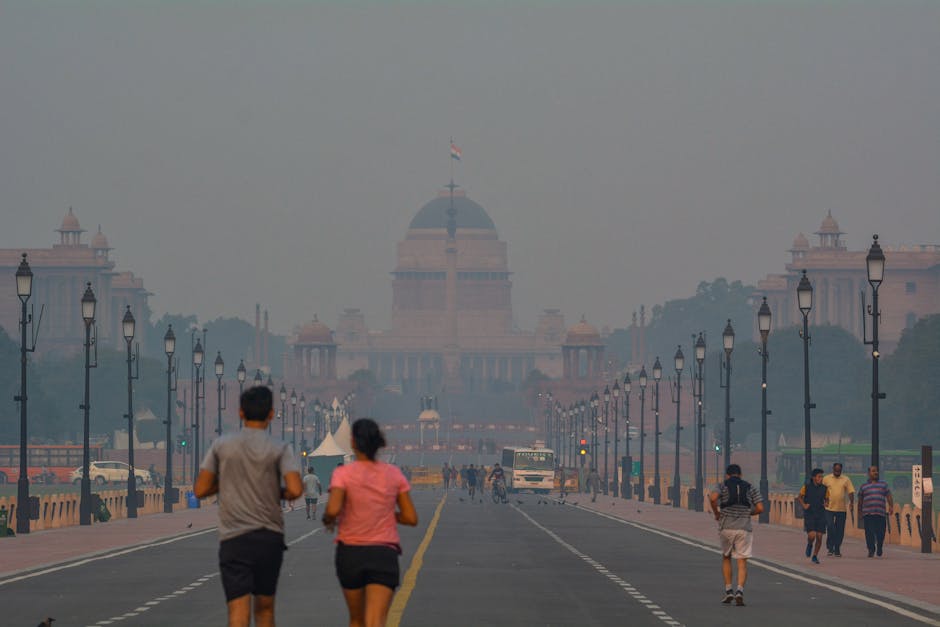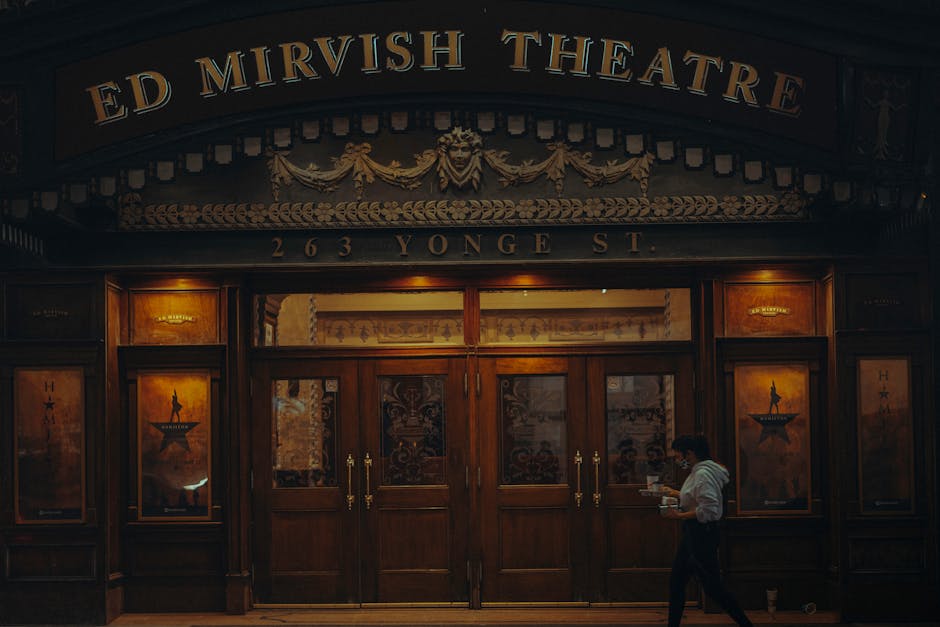The familiar grey haze has descended upon Delhi once again, a grim, annual ritual that turns the sky a murky brown and the air into a toxic cocktail. That scratch in your throat isn’t just your imagination, and the burning in your eyes is a city-wide affliction. As the Air Quality Index (AQI) plunges into the ‘very poor’ category, threatening to breach ‘severe’ levels, Delhi residents are grappling with how to survive in what many have dubbed a “gas chamber.”
A Stark Warning from a Top Pulmonologist
Amidst the usual chorus of temporary measures and political finger-pointing, a sobering piece of advice has emerged from a voice of medical authority. Dr. Alok Kumar, a veteran pulmonologist and former head of department at the All India Institute of Medical Sciences (AIIMS), New Delhi, has issued a warning that cuts through the noise: for some, the best solution might be to simply leave.
“This is not a time for bravado,” Dr. Kumar stated. “We must understand that for certain vulnerable groups, staying in Delhi during this period is akin to playing Russian roulette with their health. My advice is not for everyone, as it’s a privilege not many can afford. But if you fall into a high-risk category and have the means to temporarily relocate, you must seriously consider it.”
Who Should Leave Delhi? The Doctor’s High-Risk List
Dr. Kumar’s drastic ‘leave if’ recommendation is targeted at specific groups who are exceptionally vulnerable to the hazardous air. You should consider temporarily leaving Delhi if:
- You have pre-existing respiratory conditions: Patients with asthma, Chronic Obstructive Pulmonary Disease (COPD), bronchitis, or other lung ailments. For them, the toxic air is a direct trigger for severe, life-threatening attacks.
- You are elderly or have young children: The developing lungs of children and the compromised respiratory systems of senior citizens are exceptionally susceptible to damage from PM2.5 particles—the microscopic pollutants that can enter the bloodstream.
- You are pregnant: Studies have increasingly linked exposure to high levels of air pollution during pregnancy to low birth weight, premature birth, and developmental issues in children.
- You are a post-operative or immunocompromised patient: Individuals recovering from surgery or those with weakened immune systems will find their recovery severely hampered and face a higher risk of infections in this environment.
The Hidden Dangers: What ‘Very Poor’ Air Does to Your Body
Dr. Kumar’s advice is rooted in alarming medical science. He likens breathing Delhi’s ‘very poor’ air to smoking 15-20 cigarettes a day. The PM2.5 particles are so fine they bypass the body’s natural filters, lodging deep within the lungs and even entering the circulatory system. The long-term consequences extend far beyond lung issues to include heart attacks, strokes, and even cognitive decline.
Of course, for the millions who call Delhi home, packing up and leaving is not a viable option. For the vast majority who must brave the smog, Dr. Kumar stresses a strict protocol for survival.
Can’t Leave Delhi? A Doctor’s Survival Guide to Toxic Air
If you must stay in the city, follow this non-negotiable action plan to minimize health risks:
- Mask Up, Correctly: Ditch the cloth masks. Only N95 or N99 masks offer adequate protection against PM2.5 particles. Ensure it fits snugly every time you step outdoors.
- Invest in an Air Purifier: Consider it a medical necessity, not a luxury. A good quality air purifier with a HEPA filter for your bedroom and primary living area can create a safe indoor zone.
- Seal Your Home: Keep windows and doors shut, especially during the early morning and late evening when pollution levels typically peak.
- Halt Outdoor Exercise: All jogging, cycling, and outdoor sports must stop. Exercising in polluted air forces you to inhale toxins deeper into your lungs, doing far more harm than good.
- Stay Hydrated and Eat Well: Drink plenty of water and consume foods rich in Vitamin C and Omega-3 fatty acids to help your body fight the inflammation caused by pollutants.
While Dr. Kumar’s advice to ‘leave’ might sound extreme, it serves as a terrifying barometer of our reality. It reframes this annual crisis from an environmental inconvenience to what it truly is: a public health emergency.




